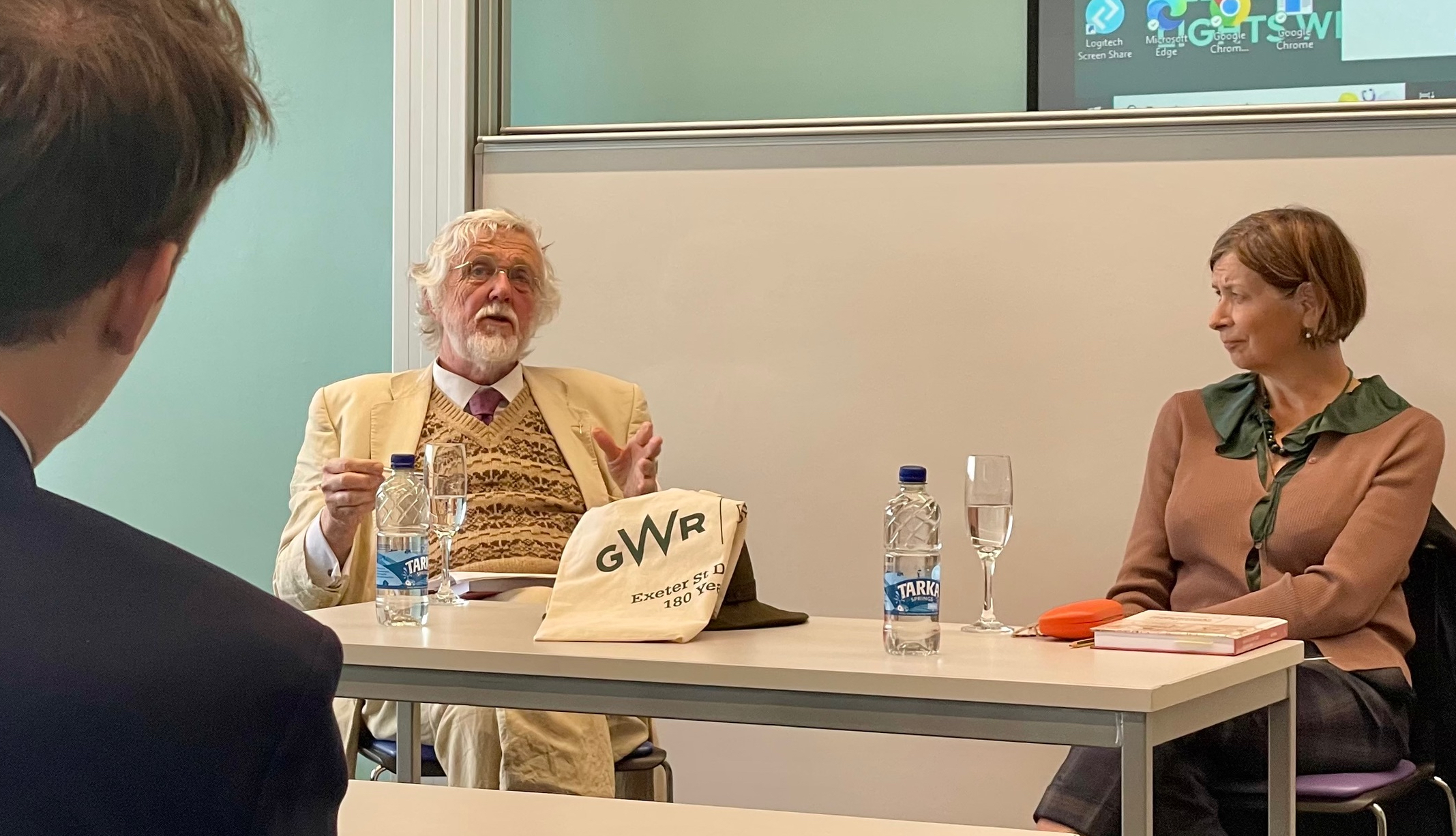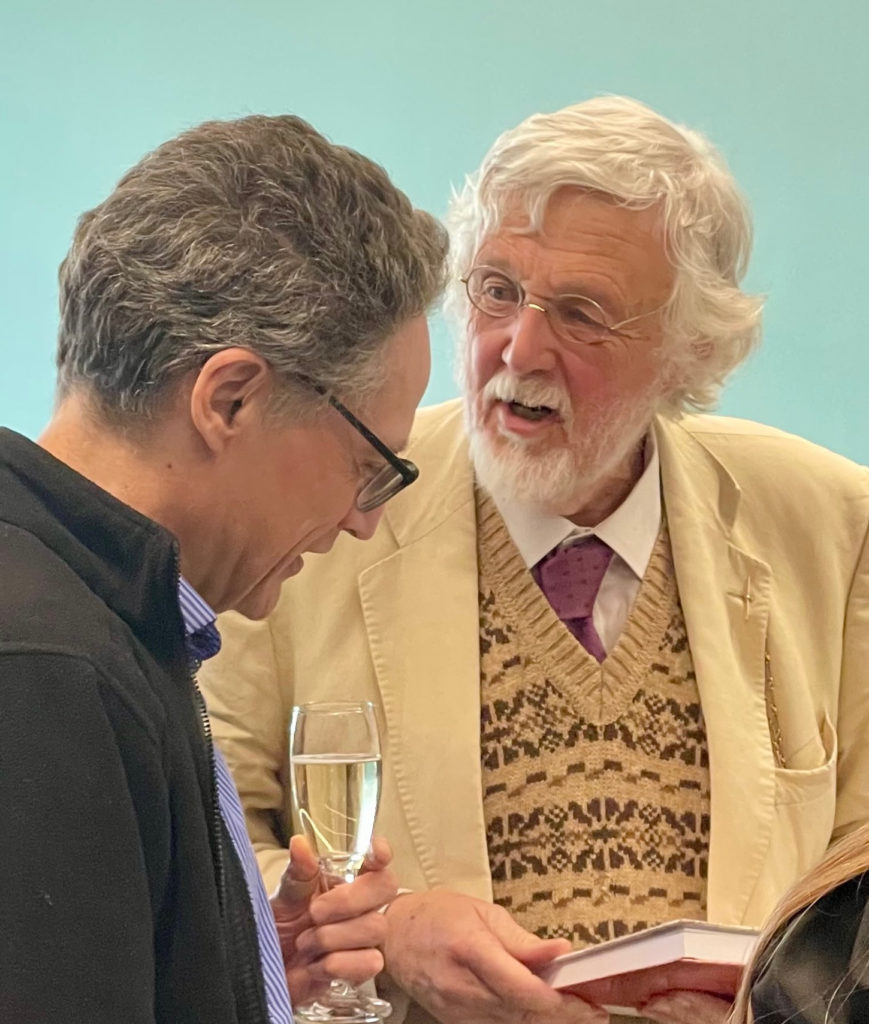
Posted by Alun Frederick Williams
18 June 2024In this week’s post, Alun Williams, Honorary Research Fellow in the Centre, shares recollections from the recent launch event for his new monograph.
I am grateful to those who came to the launch of my recent book, Narrative, Piety and Polemic in Medieval Spain: Biblical Rhetoric in the Reconquest Chronicles of León-Castile, published by Bloomsbury Academic on 24th April and celebrated on 1st May. I should particularly like to thank those who came to the launch: friends, former colleagues and students, as well as those who tuned in electronically. My particular thanks go to Gregory Lippiatt (who masterminded the event, invited the guests and organised the post-launch dinner) and to Teresa Tinsley (who composed the questions and chaired the session).
My monograph examines six chronicles written in León-Castile during the twelfth and thirteenth centuries, and the ways in which biblical texts and liturgy were mediated through patristic and later exegesis. The twelfth-century texts, all likely to have been completed by 1147, were the so-called Historia Silense, the Chronicle of Bishop Pelayo of Oviedo (the Chronicon Regum Legionensium) and the Chronica Adefonsi Imperatoris.

The three thirteenth-century texts – Bishop Lucas de Tuy’s Chronicon Mundi, the Historia de rebus Hispaniae by Rodrigo Jiménez de Rada, and the Chronica Latina Regum Castellae – are roughly contemporary with one another, and were probably complete by 1243. The biblical exegesis that emerged around the time of these texts’ composition provided a growing and remarkably coherent body of commentary, understanding and interpretation, meaning that there was an almost uniform ambience for establishing the intellectual milieu in which the chroniclers worked. This was despite the differences in authorial intention and variation in historical emphasis found across the chronicles, as well as in how the authors relied on scripture and classical writing and how such texts were appropriated to suit a particular purpose. The chronicles are considered individually and comparatively, as well as alongside other contemporary accounts such as the Conquest of Lisbon (De expugnatione Lyxbonensi).
My interest in this subject and period was sparked by the late Simon Barton, whose premature death in 2017 continues to be lamented in the world of medieval Hispanic studies and in particular by those who knew him as a colleague, friend and mentor. I should like to pay tribute to his influence and persistent encouragement. Many have been instrumental in the gestation of this volume – and they have been acknowledged in the monograph – but none more so than Simon.